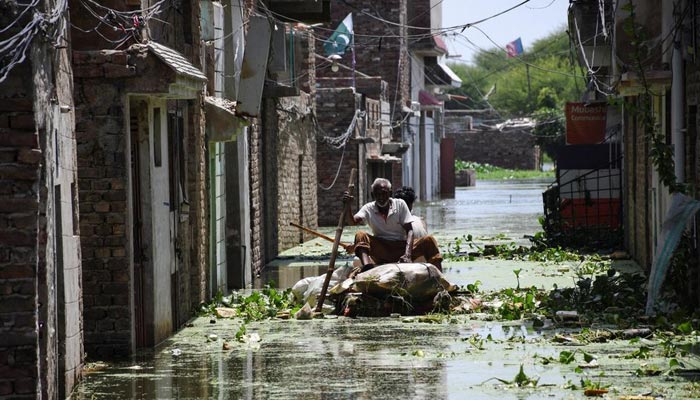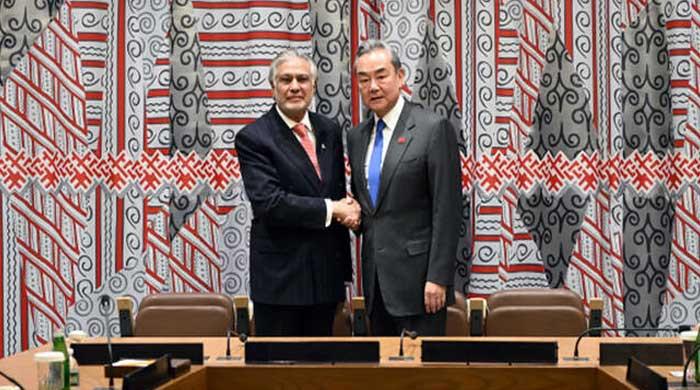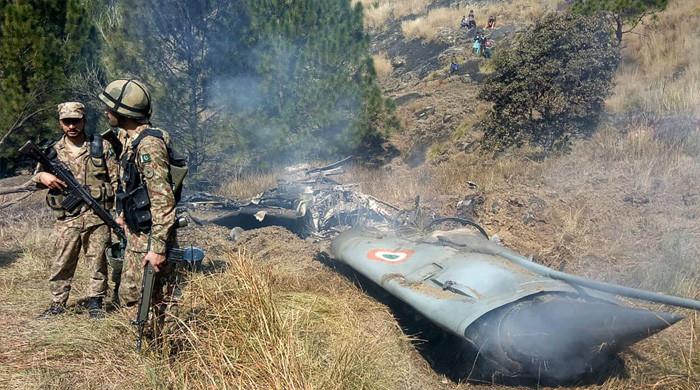UN calls for more funds as winter season increases needs of Pakistan flood victims
“More resources are urgently needed,” says UN spokesperson, noting so far only 23% of response plan has been received
December 10, 2022

- Over 20m people continue to depend on humanitarian aid, says UN.
- Schools remain inaccessible for more than 2 million children.
- Hina Rabbani stresses for time-responsive emergency response system.
With the arrival of winter, the humanitarian needs of the flood-affected people of Pakistan have intensified and more resources are urgently needed to deal with the situation, a United Nations spokesperson said on Friday.
In an update on the situation left behind by the devastating August floods, the UN Secretary-General’s Spokesman, Stephane Dujarric, told the briefing in New York that even as flood waters recede, more than 20 million people continue to depend on humanitarian aid, adding that reconstruction efforts are beginning in some areas.
“To date, in support of the government response, our humanitarian partners have reached more than 4.7 million people with aid since the onset of the flood,” Dujarric told reporters.
Some 2.6 million people have received food assistance, he said. “Our [humanitarian] partners have also helped 125,000 children to resume their education, including through more than 500 temporary learning centres.” However, schools remain inaccessible for more than two million children.
“More resources are urgently needed,” the spokesman said, noting that so far only 23% of the $816 million Floods Response Plan has been received.
Energy response system
Meanwhile, Minister of State for Foreign Affairs Hina Rabbani Khar stressed the need for a time-responsive, well-funded, and strategically robust emergency response system.
The minister of state, speaking at the High-Level Pledging Event of the Central Emergency Response Fund (CERF), held in a hybrid format in New York, also emphasised the impartiality and non-politicisation of such a humanitarian response system.
Recalling the humanitarian impact of the recent devastating climate-induced floods in Pakistan, Rabbani acknowledged and appreciated the critical assistance provided by the Central Emergency Response Fund (CERF).
She echoed the UN Secretary-General Antonio Guterres's call for scaled-up funding to CERF, enabling it to assist the developing countries braving climate-induced disasters.
The event was organised at the UN Headquarters to garner international attention and support for the CERF enabling it to respond to emergency humanitarian needs across the globe.
Established in 2005 as the UN global emergency response fund, CERF enables humanitarian responders to deliver life-saving assistance, wherever required.
Pakistan has been a beneficiary and a regular contributor to the Fund. In response to the recent flooding, CERF allocated $10 million to Pakistan for life-saving humanitarian activities.











